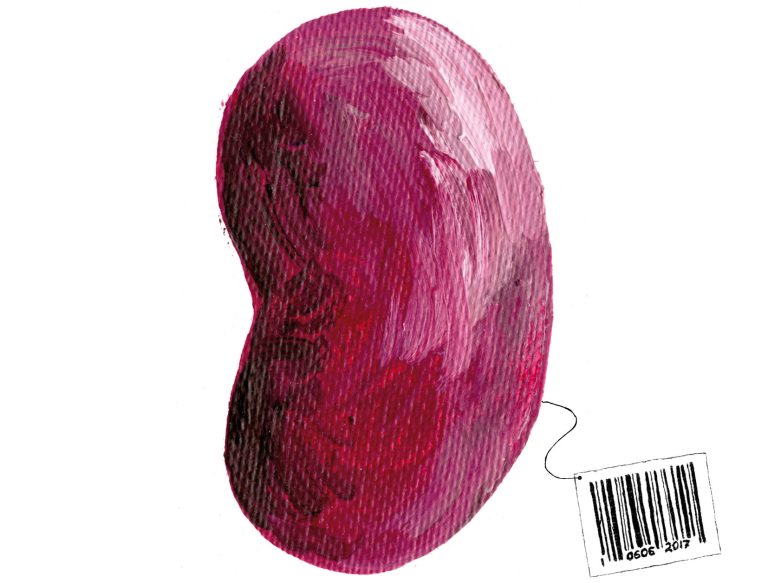
welcome to organ trafficking research
This platform presents research projects on organ trade -and trafficking that are conducted from Erasmus MC's Department of Internal Medicine, Section Nephrology and Kidney Transplantation in Rotterdam, The Netherlands. This section is part of the recently established Erasmus MC Transplant Institute which houses one of the largest kidney transplantation centers in Europe. This website further provides information on organ trade -and trafficking more generally to inform interested audiences about the different types and complexities of organ trade.
what we do
We conduct empirical research on different facets of organ trade and trafficking. Our research is structured into various projects, each with a specific aim. Methods include a mix of qualitative and quantitative research strategies including systematic literature reviews, surveys, ethnographic research, crime scripting and network analysis.
We conduct research in countries across the globe and we focus on all stages of the organ trading chain, including organ buying, selling, the organisation of illegal transplants and law enforcement responses. We also explore alternative measures to tackle organ trade and exploitation such as decriminalization and regulation. In addition, we advise governments and organizations on how to address organ trade problems.
Our research is funded by organisations including the European Commission and the Dutch Research Council (NWO).
